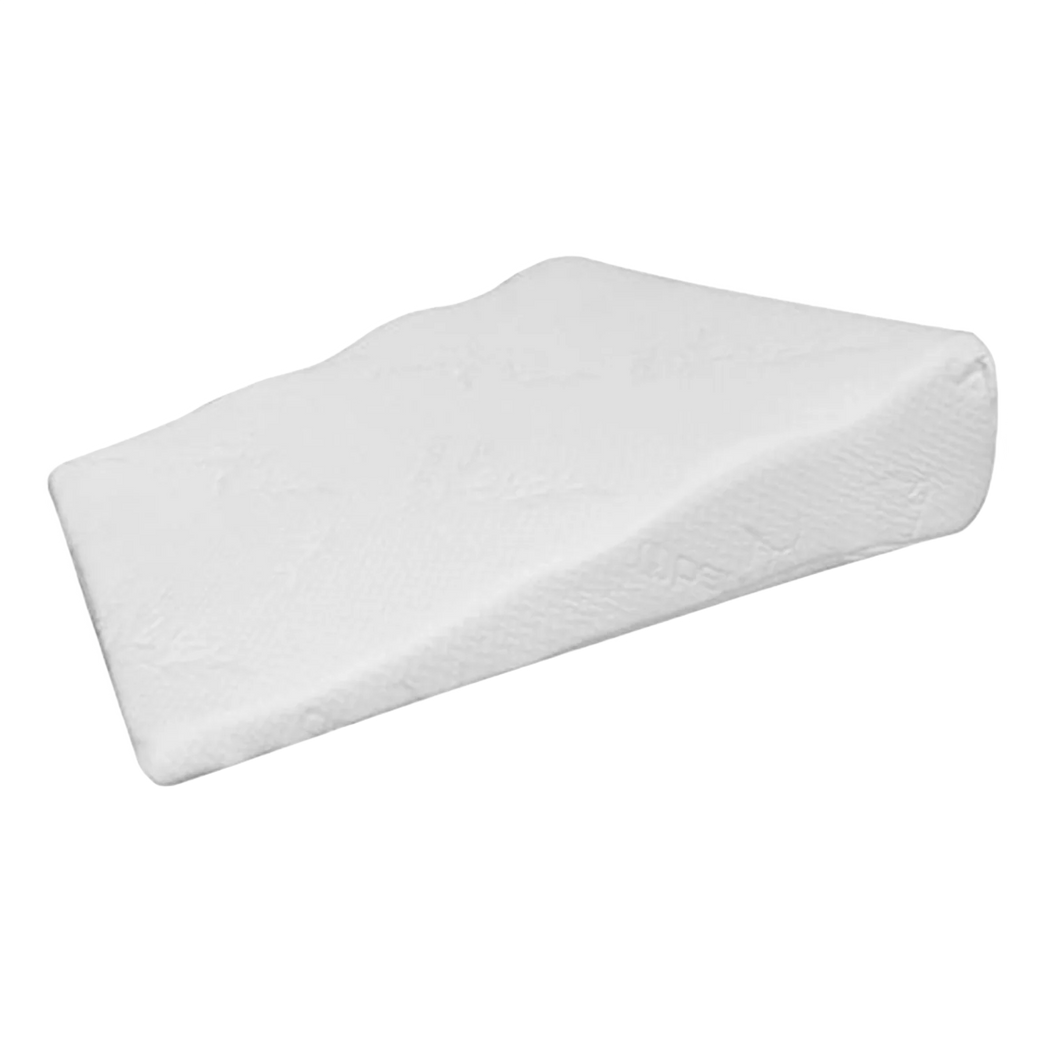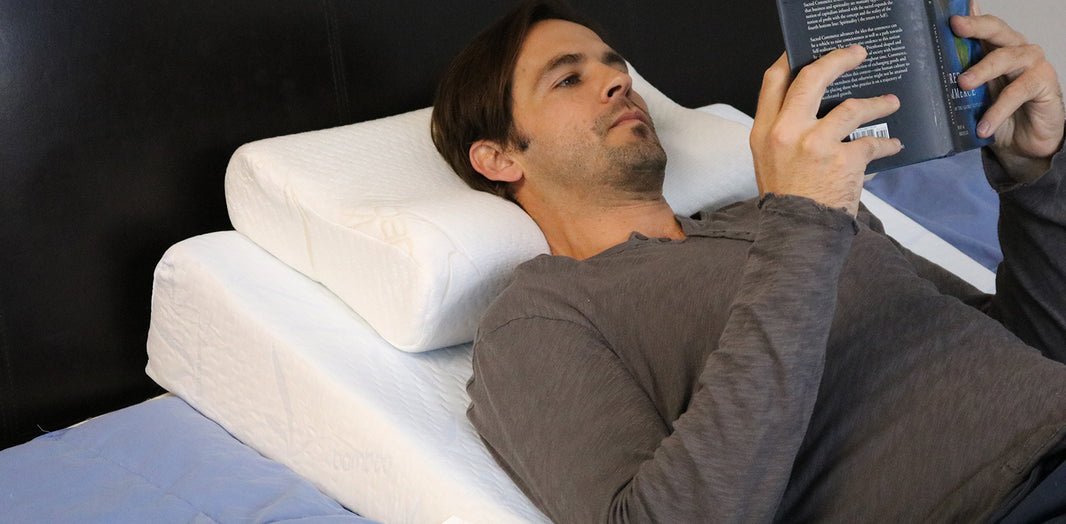Neck stiffness can be a troublesome problem for some people, affecting their quality of life and making it difficult to accomplish daily activities. Depending on the cause, the intensity of pain can range from mild to severe, making movement difficult or impossible. Though the root causes of neck stiffness vary from person to person, it is important to understand what elements may increase the risk of developing neck stiffness and how one can best prevent it. In addition, identifying proper treatment options for those already suffering from neck stiffness is key in providing relief and giving someone an opportunity to lead a normal active life. If you believe you may have neck stiffness and need help finding the right solution for your needs, it may be helpful to consult with a medical professional.
What is Neck Stiffness
Neck stiffness is a significant issue that can affect individuals of all ages, from infants to seniors. Although it is usually short-lived, neck stiffness can be mild, uncomfortable or even unbearable in some cases. Fortunately, diagnosis and treatment for this condition are widely available. Professional medical advice should be sought for persistent neck discomfort as we must aim to identify and address the underlying cause of neck stiffness before resorting to more extreme measures such as medications or surgery. With timely intervention and proper management techniques, those experiencing neck stiffness can enjoy a full range of mobility with little or no ongoing difficulty or pain.
Causes of Neck Stiffness
Neck stiffness can have multiple causes, ranging from everyday activities to more serious health conditions. Common causes of neck stiffness include poor posture, which can result from sleeping in an awkward position or sitting at a desk for extended periods. Stress is also a significant contributor to neck stiffness.
Other potential causes of neck stiffness include injuries to the cervical spine, such as whiplash, as well as arthritis and other inflammatory conditions. Herniated discs, muscle sprains, and strains can also cause neck stiffness.
Less common causes of neck stiffness include diseases such as meningitis, ankylosing spondylitis, and aortic dissection syndrome. In some cases, neck stiffness can be a symptom of a more severe problem, such as a tumor or a stroke, although these situations are rare.
It's important to note that neck stiffness can be a standalone symptom or occur alongside other symptoms, such as headaches, dizziness, or arm pain. If neck stiffness occurs frequently or is accompanied by other symptoms, it's advisable to seek medical attention to receive an accurate diagnosis and appropriate treatment.
Neck stiffness can be caused by a variety of factors. Some others common causes include:
Poor posture
Poor posture can put extra strain on your neck muscles and lead to stiffness.
Injuries
Injuries to your neck, such as whiplash or a sports injury, can cause neck stiffness.
Arthritis
Arthritis can cause inflammation and pain in your neck joints, leading to stiffness.
Sleeping position
Sleeping in an awkward position can cause your neck to become stiff and sore.
Stress
Stress can cause tension in your neck muscles, leading to stiffness and discomfort.
Preventing Neck Stiffness
Preventing neck stiffness is possible with a few simple steps. Some tips for preventing neck stiffness include:
Maintain good posture
Maintaining good posture can help prevent strain on your neck muscles and reduce the risk of stiffness.
Stretch regularly
Regular stretching can help keep your neck muscles flexible and reduce the risk of stiffness.
Use proper ergonomics
Using proper ergonomics, such as a comfortable chair and desk setup, can help prevent neck stiffness.
Use a comfortable pillow
Using a comfortable pillow that supports your neck can help prevent stiffness caused by sleeping in an awkward position.
Practice stress-reducing techniques
Practicing stress-reducing techniques, such as meditation or deep breathing, can help reduce tension in your neck muscles and prevent stiffness.
Sleep Better and Alleviate Neck Stiffness with a Neck Contour Pillow
A neck contour pillow is designed to provide support to the neck and head while sleeping, which can help alleviate neck stiffness. The unique shape of a neck contour pillow allows it to contour to the natural curve of your neck and shoulders, helping to reduce pressure on your spine and alleviate tension in your muscles. By keeping your neck and spine properly aligned throughout the night, a neck contour pillow can also help prevent stiffness from developing in the first place. Additionally, many neck contour pillows are made from materials that offer extra comfort and breathability, promoting a more restful and rejuvenating sleep. If you suffer from neck stiffness, consider investing in a high-quality neck contour pillow to help improve your sleep quality and reduce your discomfort.

Best Pillow for Neck Stiffness
Back Support Systems Neck Contour Pillow
Who it's best for:
- Side and back sleepers
- Hot sleepers
- Sleepers who seek proper spinal alignment
Highlights:
- Gel-infused memory foam designed to help regulate body temperature
- Contoured shape that supports head and neck
- Available in three sizes

Shop Back Support Systems Neck Contour Pillow with 15% off + free shipping. Use code NECKPILLOW15
Others Treatment Options for Neck Stiffness
If you are experiencing neck stiffness, there are several treatment options available. Some effective treatment options for neck stiffness include:
Heat therapy
Applying heat to your neck muscles can help relax them and reduce stiffness.
Cold therapy
Applying cold to your neck muscles can help reduce inflammation and alleviate pain.
Physical therapy
A physical therapist can help you develop a stretching and exercise routine that can help alleviate your neck stiffness.
Medications
Over-the-counter pain medications, such as ibuprofen or acetaminophen, can help alleviate neck stiffness.
Massage therapy
Massage therapy can help alleviate muscle tension and reduce neck stiffness.
When to See a Doctor
Experiencing severe neck stiffness or prolonged discomfort can be quite distressing, affecting not only your mobility but also your overall quality of life. In such situations, it is crucial to seek medical attention from a qualified professional who can accurately diagnose the underlying cause of your neck stiffness. With a comprehensive understanding of your condition, your doctor will be able to propose suitable treatment options, tailored to your specific needs. This not only helps alleviate the symptoms but also prevents potential complications that may arise from an untreated underlying issue. Thus, timely intervention by a medical expert is imperative in ensuring optimal recovery and promoting long-term comfort and well-being.








